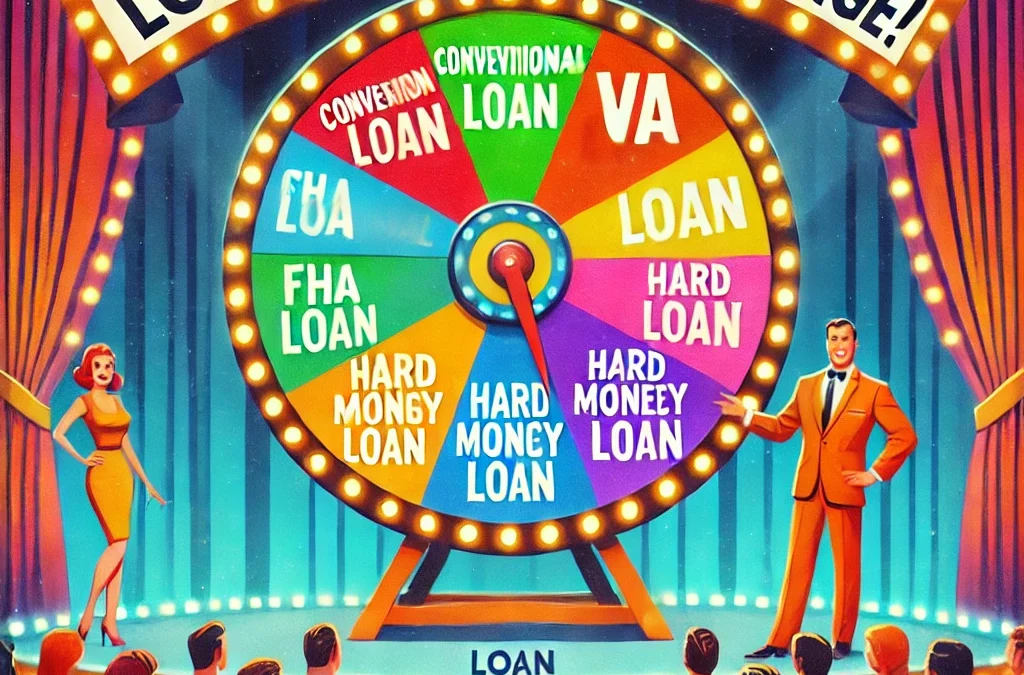


Moving Out of Washington D.C. for a Military Job—Here’s How It Went Down
So, I’m gone—finally moving out of Washington, D.C. after what feels like forever. Boxes stacked, truck loaded, and just like that, I’m peeling out of the capital. Why? Work, man—military work, to be exact. Got new orders from the brass, and now I’m relocating from...
What Is Seller Financing? A Guide for Buyers and Sellers
Seller financing, or owner financing, is a real estate agreement where the seller provides the financing instead of a bank. This guide explains how seller financing works, the types of agreements available, and the benefits and risks for both buyers and sellers. Whether you’re exploring flexible buying options or seeking to attract more buyers for your property, learn how seller financing can simplify the process.

Understanding the Different Types of Real Estate Loans
When it comes to financing real estate, understanding the variety of loan options is key to making smart decisions. From conventional loans for homebuyers to FHA, VA, and USDA loans designed for specific borrower needs, each loan type serves a unique purpose. Real estate investors may prefer hard money loans for quick funding, while commercial loans and bridge loans offer solutions for businesses and transitional purchases. Choosing the right loan depends on your financial goals, creditworthiness, and the property type you’re investing in.

Bridge Loans vs. Hard Money Loans: Which Is Right for You?
Bridge loans and hard money loans are short-term real estate financing options with distinct purposes. Bridge loans help homeowners or businesses buy a new property before selling an existing one, relying on credit and equity with moderate interest rates. Hard money loans cater to real estate investors, focusing on property value for quick approvals but with higher costs. Choose a bridge loan for transitions or a hard money loan for investment projects based on your specific needs and goals.
